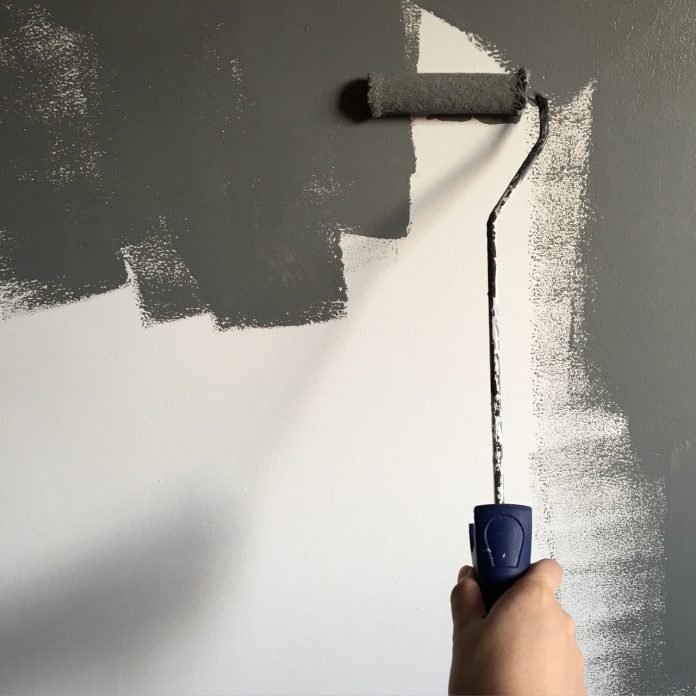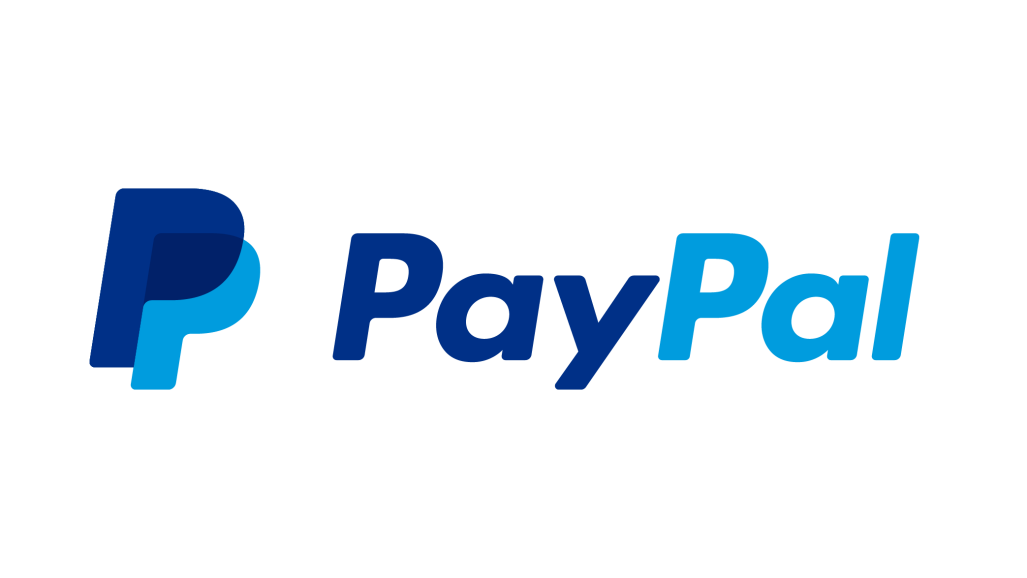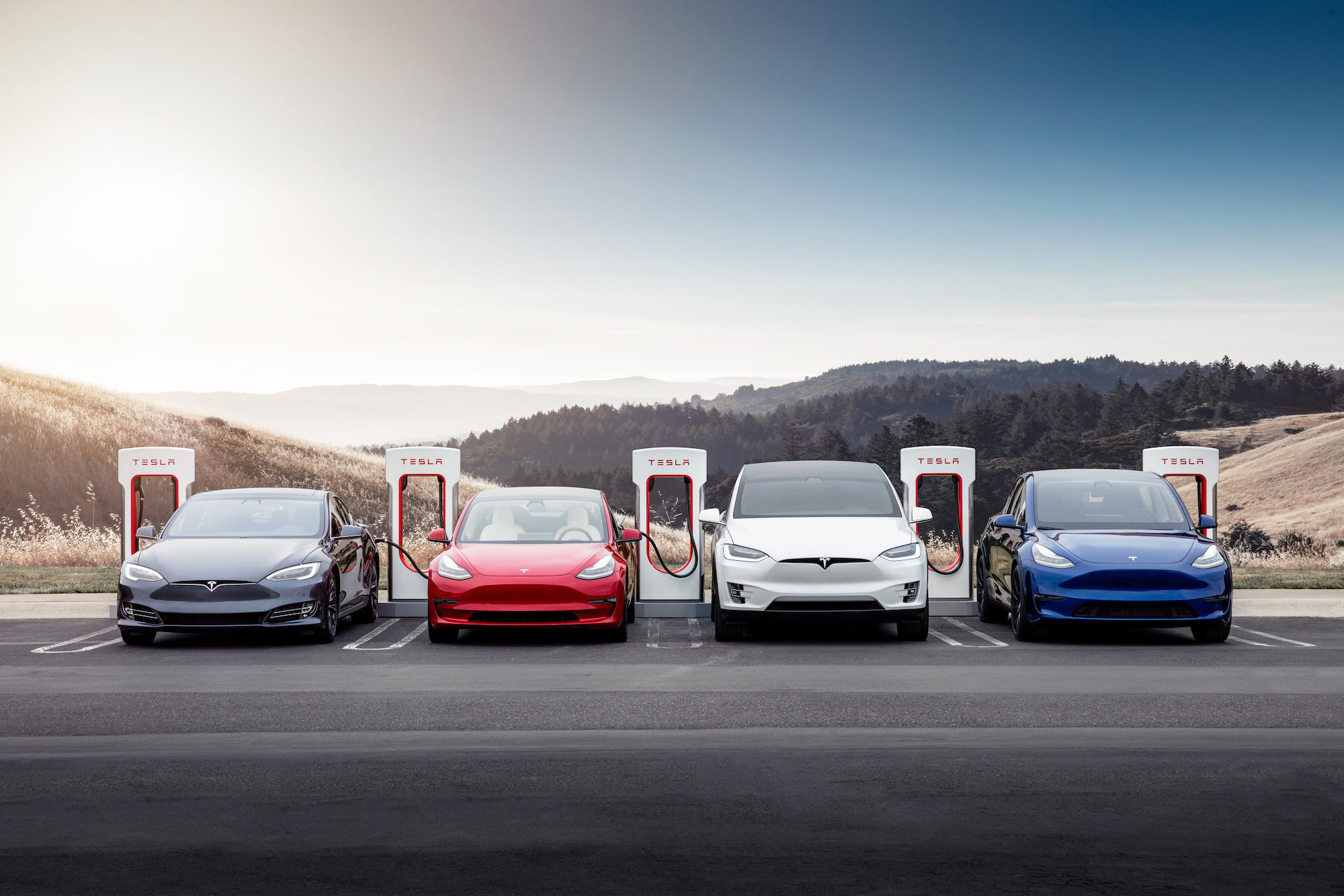Amazing Millennial Real Estate Trends in 2021
Despite the real estate industry taking a bit of a hit due to the Covid-19 pandemic, it is rebounding nicely. Many people are buying homes and the market is much more active than it was. Also, thanks to strong advice from UMoveFree and the help of other online resources, it is easier than ever for people to find the right homes and educate themselves on the industry, right from their computer.
While people of all ages are buying homes, no one makes up a larger share of home buyers than millennials. They are responsible for buying 38% of the homes sold in the USA. However, millennial buyers often differ from others in a couple of ways. To help you understand, this article is going to go over some amazing millennial-related real estate trends to keep in mind.
1. Millennials Are Willing to Move
The first trend to know is that millennials are often more willing to move than previous generations. They are less attached to their hometown and are willing to move for a variety of things. This could include moving for a job, for a fresh start, for better weather, for a spouse, or even just to chase their dreams.
These individuals often have plans for their lives and are willing to move cross-country if it means a better chance at reaching them. Many millennials are also moving to smaller cities and places with more potential. This is often because the prices are generally more favorable than large and already-established cities.
While it is never easy to leave family, the internet has made it easier than ever to see and stay in contact with loved ones, no matter where you are in the world.
2. Millennials Have Different Needs and Wishes Than Previous Generations
Another trend to be aware of is the fact that millennials have different needs and wants than previous generations when it comes to real estate. If sellers are not aware of these needs, it can be harder to attract the millennial home buyer.
Millennials and younger homebuyers, in general, prefer eco-friendly homes. Not only does this help the environment, but it also can lower bills as less energy and water are used. Also, homes with smart capabilities are a hot commodity. These smart homes can save people time and generally offer more convenience than traditional options can.
Another difference is that many millennials are open to more non-traditional living options. Many will opt to live in tiny houses, in RVs, in prefabricated homes and some are even renting longer. Some are okay with fixed-living in the same home for decades like previous generations, but others like a little more flexibility. Many young buyers are also okay with less space if it means being in a good neighborhood or an area with potential.
3. Millennials Don’t Mind Some Hard Work
The types of homes being sold in most cities run the gamut between move-in ready options, to homes that need a lot of work. While traditionally buyers are looking for a home they can move right into and live in, millennials buyers don’t always follow the same rules.
Many millennials are okay with the idea of buying a fixer-upper, or a home that often needs some work before it is ready to be lived in. Firstly, these homes are generally cheaper and have less competition. But in addition to that, they also allow for the buyer to have a little more impact on how the home looks and functions.
Also, many millennials are willing to do renovations and home improvement themselves rather than pay for a professional to do it. While some things will need to be handled by an expert, of course, many millennials like to DIY when it comes to things they are capable of doing. This can save a lot of money, and help them feel a deeper connection to the home.
Conclusion
We hope that this article has been able to help you learn about some of the biggest millennial-related real estate trends of 2021 and beyond. With millennials being the largest group of home buyers, all sellers need to keep these trends in mind.






